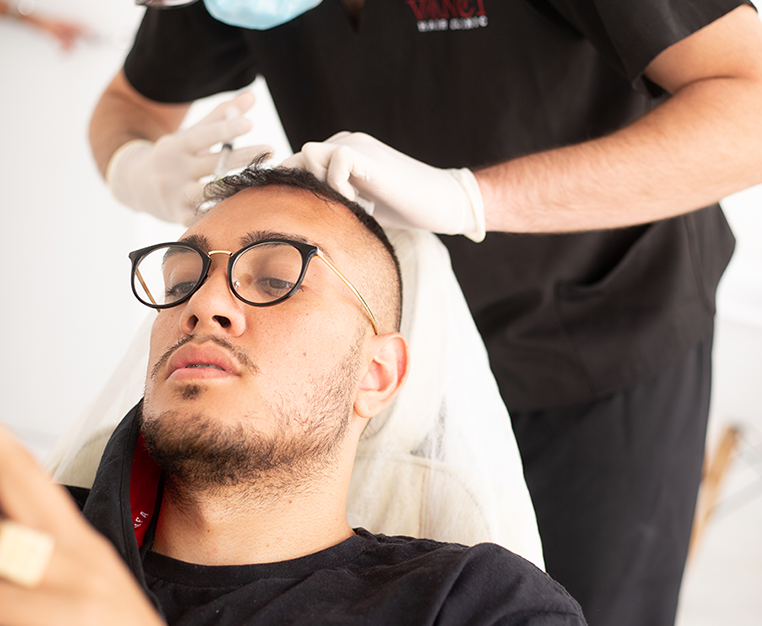Not every case of hair loss should send you rushing to find the nearest hair specialist in a panic. Often, it’s something as simple as your diet and some easy changes could be the easy fix you need. Vitamins and minerals are essential for the correct functioning of essential body functions such as red blood cell formation and DNA replication. Ensuring you get the right vitamins in your diet or through supplementation if crucial if you are to maintain your body working at its optimum. Read more to find out which vital vitamin you must be having to keep your hair.
The Importance of Vitamin B12 to Hair Growth
Vitamin B12 is also known as cobalamin and is a cofactor at the centre of DNA replication and red blood cell generation, among other processes. A cofactor is a chemical compound or ion that helps enzymes function correctly. Lack of vitamin B12 will impact various processes such as the nervous system, digestive systems and also cause changes in your hair.
The replication and growth of hair cells rely on hair cell DNA, which is dependant on enough vitamin B12 among other nutrients. Poor digestion of minerals, anaemia and hair loss are common symptoms of vitamin B12 deficiency. However, nutrient deficiency rarely happens in isolation.
Hair loss and nutrient deficiency
Although vitamin B12 plays an important role in DNA replication and the growth of new hair cells, researchers are yet to find a direct link to hair loss. Studies show a lack of enough vitamin B12 can lead to hair changes. Such changes include a loss of colour or hypopigmentation. Further investigations continue into whether vitamin deficiency leads to known hair loss conditions.
Anaemia, Vitamin B12 and Hair Loss
Spot baldness or alopecia areata is a type of hair loss in which sufferers develop bald “patches” on various parts of the scalp. Typical causes of this condition include thyroid disorders, autoimmune conditions and a special type of anaemia, pernicious anaemia, caused by vitamin B12 deficiency.
People suffering from pernicious anaemia may not necessarily be having adequate vitamin B12 in their diet. Usually, an autoimmune condition affects the absorption of the vitamin in the gut, leading to deficiency. Perhaps with supplementation and seeking treatment for the autoimmune condition, restoring B12 levels eventually helps clear the hair loss problem.
Approach with Caution
Early-onset vitamin B12 deficiency is difficult to diagnose due to the wide range of symptoms it may throw out. Vitamin B12 is such a vital component to many processes in the body such that any deficiencies will result in a range of symptoms. Typical effects include anaemia, nerve damage, skin changes and hair changes and sometimes hair loss.
Due to the nature of the symptoms and how they appear, seeking the advice of a doctor and get tested for vitamin B12 deficiency is the best way to go. Deficiencies can have serious consequences and do pose a serious risk to health. There are no known side effects to “too much” vitamin B12 so it’s always good to err on the side of caution.
Hair Loss Treatment Tailored to You
You may be on point with your diet and supplement game but still experiencing hair loss. In this case, you should know there is a different potential cause, but what could it be? Seeking the help of hair loss and restoration professionals, sooner rather than later, will mean you can start treatment as quickly as possible. Vinci Hair Clinic helps men and women find the right hair loss treatment for them by getting to the bottom of the cause first. Get in touch today and start the journey to regrowing your hair and regaining your confidence.



